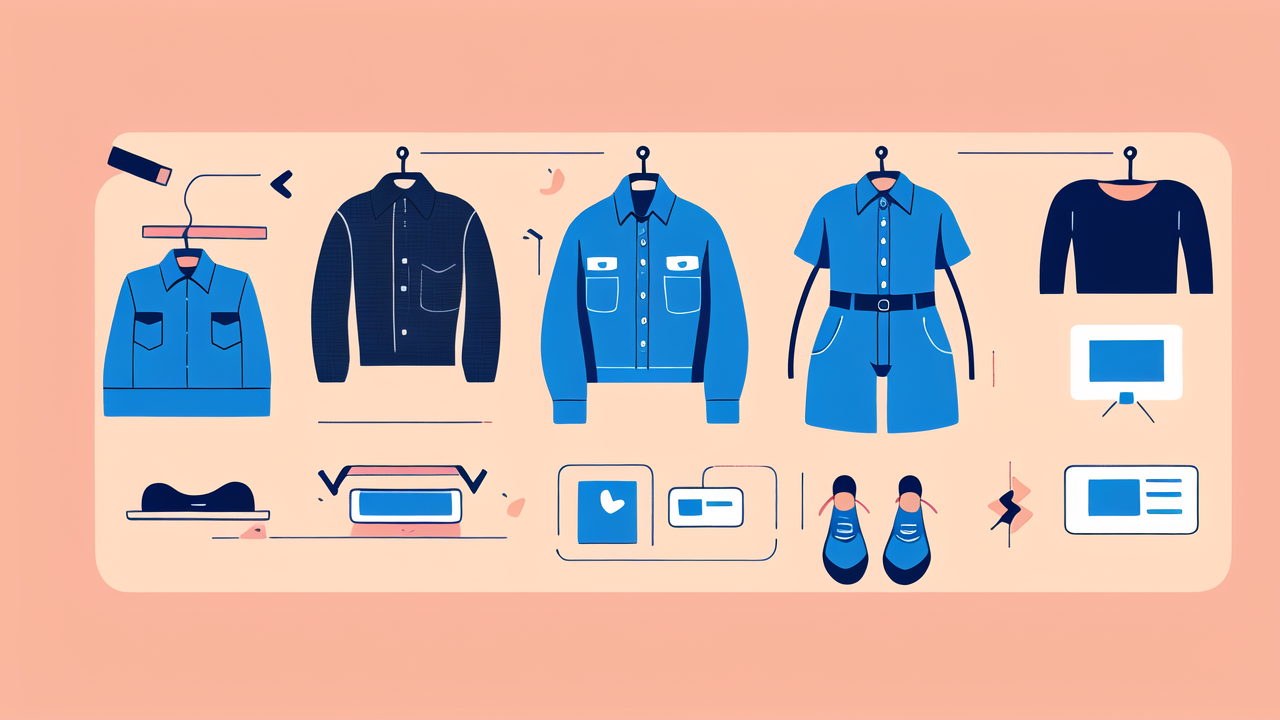The Rise of Smart Watches in the United States
Understanding the Market Growth
Smart watches have taken the US by storm. Their popularity has soared in recent years. More people are buying these cool gadgets for various reasons. The market has grown rapidly, with sales increasing each year.

Several factors drive this growth:
- Increased health awareness
- Need for constant connectivity
- Desire for stylish tech accessories
- Improved features and battery life
Consumers see smart watches as both functional and fashionable. They offer convenience and style in one package. This dual appeal has helped boost their adoption across age groups.
Key Players and Innovations
The smart watch market is competitive. Several brands are vying for the top spot. Apple leads the pack with its Apple Watch series. Other major players include:
- Samsung
- Fitbit
- Garmin
- Fossil
These companies constantly innovate to stay ahead. They introduce new features and designs regularly. Some recent innovations include:
- Advanced health monitoring
- Longer battery life
- More accurate fitness tracking
- Sleeker, more fashionable designs
The race for the coolest smart watch drives rapid technological advancements. This benefits consumers, who get better products each year.
Impact on Consumer Lifestyle and Fitness Regimens
Smart watches have changed how people approach fitness and daily life. They've become personal health assistants. Many users rely on them for:
- Tracking daily steps and calories burned
- Monitoring heart rate and sleep patterns
- Setting fitness goals and reminders
- Receiving notifications and messages
These devices encourage users to be more active. They provide instant feedback on health metrics. This motivates people to make healthier choices. Smart watches also help users stay connected without constant phone use.
For fitness enthusiasts, smart watches are game-changers. They offer detailed workout data and personalized training plans. This helps users optimize their fitness routines and track progress over time.
Advancements in Wearable Technology and Fashion
The Convergence of Tech and Apparel
Wearable tech is no longer limited to wrists. It's now part of our clothes and accessories. Fashion designers are embracing technology. They're creating stylish items with smart features.

This fusion of tech and fashion opens new possibilities. Clothes can now do more than just cover us. They can:
- Monitor our health
- Adjust to temperature changes
- Change color or pattern
- Charge our devices
Designers are finding creative ways to blend tech into fashion. The goal is to make wearable tech seamless and stylish. This trend is changing how we think about our wardrobes.
Smart Fabrics and Fashion Accessories
Smart fabrics are revolutionizing the fashion industry. These high-tech materials can:
- Conduct electricity
- Change color or shape
- Regulate temperature
- Monitor vital signs
Fashion accessories are also getting smarter. We now have:
- Rings that track sleep and activity
- Earrings that monitor heart rate
- Belts that count steps and measure waist size
- Glasses that display information and take photos
These smart accessories blend fashion with function. They offer discreet ways to incorporate tech into daily wear. As technology improves, we can expect even more innovative fashion items.
Sustainability and Ethical Considerations
As wearable tech grows, so do concerns about sustainability. The fashion industry is already under scrutiny for its environmental impact. Adding electronics to clothing raises new issues.
Key considerations include:
- Recyclability of electronic components
- Longevity of tech-embedded clothing
- Ethical sourcing of materials
- Energy consumption of wearable devices
Some companies are addressing these concerns. They're developing:
- Biodegradable electronic components
- Solar-powered wearables
- Modular designs for easy upgrades
- Recycling programs for old devices
The industry must balance innovation with sustainability. This challenge will shape the future of wearable tech fashion.
Future Outlook for Wearable Tech in Fashion
Predicting Market Trends
The wearable tech fashion market is set to grow. Experts predict continued expansion in coming years. Several trends are likely to shape this growth:

- Increased integration of AI and IoT
- More focus on health and wellness features
- Improved battery life and charging solutions
- Greater emphasis on style and customization
Consumers will expect devices that are both functional and fashionable. The line between tech and fashion will blur further. We may see more collaborations between tech companies and fashion brands.
Smart fabrics will likely become more common. They could be used in everyday clothing, not just specialty items. This could lead to a new era of interactive and responsive fashion.
Potential for Disruption in Various Industries
Wearable tech fashion has the potential to disrupt multiple industries. It's not just about fashion and technology. Other sectors that could be affected include:
- Healthcare: Wearables could revolutionize patient monitoring and preventive care.
- Fitness: Personal training could be transformed by AI-powered wearable coaches.
- Retail: Smart clothes could change how we shop and try on items.
- Entertainment: Augmented reality in wearables could create new forms of immersive experiences.
These disruptions could lead to new business models and job opportunities. They may also pose challenges to traditional industries. Adapting to these changes will be crucial for businesses.
The Role of AI and Machine Learning in Personalized Fashion Experience
AI and machine learning are set to play a big role in wearable tech fashion. These technologies can provide highly personalized experiences. They can learn from user data to offer tailored recommendations.
Potential applications include:
- Customized outfit suggestions based on weather and schedule
- Automatic adjustments to clothing temperature or fit
- Personal style evolution tracking and suggestions
- Virtual try-ons using augmented reality
AI could also help in the design and production of wearable tech. It could optimize designs for comfort and functionality. Machine learning could predict trends and consumer preferences.
As these technologies advance, the fashion experience will become more interactive and personalized. Wearable tech will not just respond to our needs, but anticipate them.




Leave a comment
This site is protected by hCaptcha and the hCaptcha Privacy Policy and Terms of Service apply.